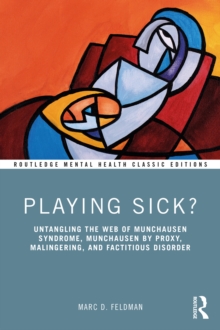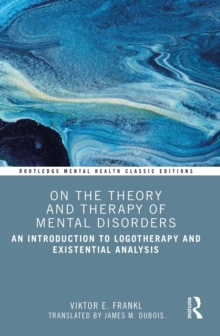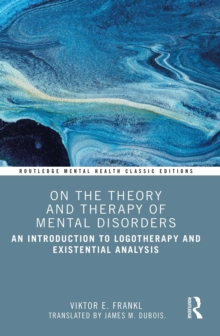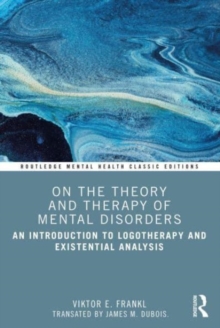
Archetype Revisited : An Updated Natural History of the Self PDF
by Anthony (Jungian analyst and psychiatrist, UK) Stevens
Part of the Routledge Mental Health Classic Editions series
Description
Archetype: A Natural History of the Self, first published in 1982, was a ground-breaking book; the first to explore the connections between Jung's archetypes and evolutionary disciplines such as ethology and sociobiology, and an excellent introduction to the archetypes in theory and practical application as well. C.G. Jung's 'archetypes of the collective unconscious' have traditionally remained the property of analytical psychology, and have commonly been dismissed as 'mystical' by scientists.
But Jung himself described them as biological entities, which, if they exist at all, must be amenable to empirical study.
In the work of Bowlby and Lorenz, and in studies of the bilateral brain, Anthony Stevens has discovered the key to opening up this long-ignored scientific approach to the archetypes, originally envisaged by Jung.
At last, in a creative leap made possible by the cross-fertilisation of several specialist disciplines, psychiatry can be integrated with psychology, with ethology and biology.
The result is an immensely enriched science of human behaviour. In Archetype Revisited, Stevens considers the enormous cultural, social and intellectual changes that have taken place since the publication of the original edition, and includes:- An updated chapter on The Archetypal Masculine and Feminine, reflecting recent research findings and developments in feminist thinking;- Commentary on the intrusion of neo-Darwinian thinking into psychology and psychiatry;- Analysis of what has happened to the archetype in terms of our understanding of it and our responses to it. This Classic Edition of the book includes a new introduction by the author.
Information
-
Download - Immediately Available
- Format:PDF
- Pages:406 pages, 1 Tables, black and white; 9 Illustrations, black and white
- Publisher:Taylor & Francis Ltd
- Publication Date:05/06/2015
- Category:
- ISBN:9781317580317
Information
-
Download - Immediately Available
- Format:PDF
- Pages:406 pages, 1 Tables, black and white; 9 Illustrations, black and white
- Publisher:Taylor & Francis Ltd
- Publication Date:05/06/2015
- Category:
- ISBN:9781317580317










